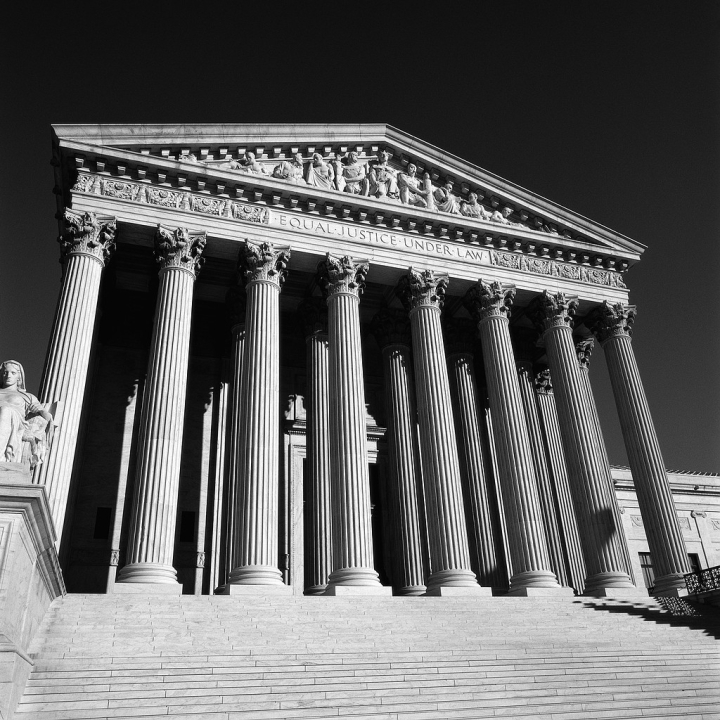The Supreme Court has issued a long awaited decision in the Illinois Case of Mark Janus v. American Federation of State, County, and Municipal Employees Council 31 (AFSCME).
In this case, a State employee, Mark Janus, challenged the union’s right to collect union dues from him, even though he chose not to join the union because he opposed some of the political causes which the union was supporting financially. Janus was a fee payer pursuant to an agency shop agreement.
Agency shop agreements are very common and most union workplaces in California have had them for many years. Agency shop agreements were created by unions and employers. Unions had to demonstrate to the employer that the majority of the unit supported agency shop. Then the employer would be required to deduct a union fee from all represented employees even if they chose not to participate in the union. These employees have been referred to as fee payers. The logic was that if the union had a legal obligation to represent all of the employees in the unit, then all of the employees should contribute to the cost of that representation.
The Court held today that, “The State’s extraction of agency fees from non-consenting public- sector employees violates the First Amendment.” Under older case law, agency fees had been allowed as they were found to promote labor peace and avoid the problem of free riders. The Court pointed out that federal employee unions and unions in 28 States, that have laws prohibiting agency fees, were able to effectively serve as the exclusive representatives of public employees and achieve labor peace. The Court also found that avoiding the risk of free riders was not a compelling enough interest to overcome the First Amendment objections.
This decision means that public agencies and public sector unions may no longer extract agency fees from non-consenting employees. Therefore, all payments to unions must be with the consent of the employee who is paying the fee.
The immediate impact will be felt by unions that have been collecting a large share of their dues from public sector employees under agency shop agreements. For decades, large public employee unions have been a driving force in politics, both financially and in providing campaign manpower. They are one of the big reasons for the Democratic dominance in many aspects of state government here in California. Unions have also driven very tough contract bargains, empowered in part by their huge political influence on government officials whom they have supported.
Public employee unions will no longer be able to collect dues without full consent from employees therefore, unions will have to be responsive to the needs of their members in order to remain relevant and retain membership.
